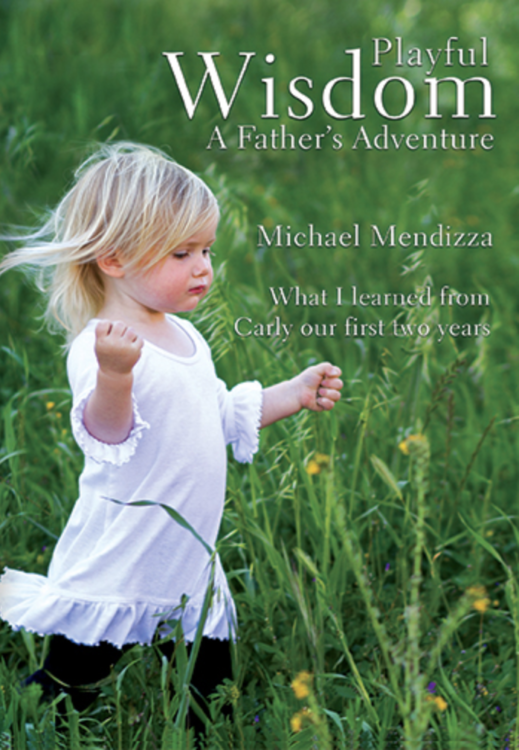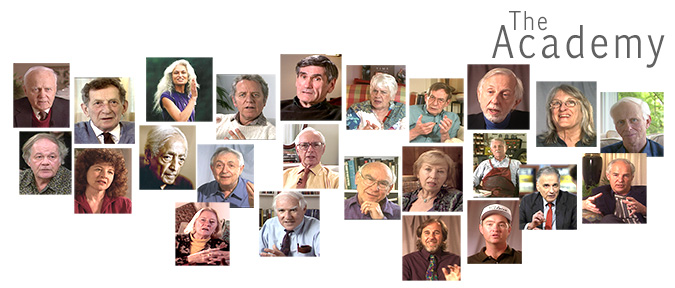Ten Nevers, One Always
Of course, never hit, spank or physically punish a child; time out is a punishment. Understand instead that you are equally to blame. When frustrations rage, invite empathy for yourself and the child. Look for a story that will lead, invite and encourage what needs to be done.
Never blame a child. Observe and share together natural consequences.

Never shame a child. Describe how you are feeling in ways that focus attention on, as Marshal Rosenberg, the founder of nonviolent communication, would say, will make your life wonderful.
Never use authority to control a child. Briefly share why this is important for you. When possible get down physically to the child’s level, snuggling close, warm and safe, as you briefly tell your feeling-story.
Never rely only just on words, especially abstractions. Words are metaphors that stand for something else. Share what you mean in simple concrete terms illustrating with physical images and gestures, connecting to things the child has experienced. Remember that the feelings you are feeling, the emotional state and presence in your body, provide the real context for what the child will experience and remember. Feel the change you want to see and then share.
Stop rushing. The child is naturally in a dream reality, one play-dream activity merging into the next. So are we, but the edges between our dreams are sharp. Theirs fade and dissolve. Help them by seeding the new dream that you need with story and give the child a moment to make it their own. It won‘t take long. Take a breath and appreciate. Stop staring at the phone.
Almost never praise a child. Praise is often a sugar coated punishment, both punishment and praise being behavior modification, forms of control. When the child accomplishes something, and nearly every play activity implies an accomplishment, express empathy for what the child is experiencing. “Is that a bright yellow sun you painted? Is it warm? Does the grass like the sun?” Rather than focusing attention on what the child’s social image, did.
Never dismiss what a child is feeling. Their feelings are strong and real, just as intense or even more than ours. How can a child trust and respect someone who doesn’t know that? Communicate with touch and feelings along with words. It is the feelings that give words their meaning.
Never assume. We are so busy with our own dream-reality that we often ‘think’ we know what the child is sharing or needing – when we really don’t. When a child shares, asks or invites us onto their dream-play-reality, pause, refresh and listen with your whole body, as well as your thoughts. Then respond. The child knows the difference. Do you?
Never compare. Just like you, your child is a completely unique miracle, new this moment and the next. Comparison is a form of punishment and reward, behavior modification. Comparison is rooted in using and strengthening the social-image for control, which is why it is used so effectively by social institutions: school, church, adult organized sport, corporations, governments and their armies. Not comparing weakens and even negates the social image or ego, which is the root cause of all our conflicts. Stop comparing yourself, too.
Always see and experience your child with fresh eyes and a heart overflowing with wonder, deeply appreciating that this moment will never happen again.
Photo by Shutterstock/VanHart

buy Premarin no prescription
https://vifreepress.com/wp-content/languages/new/plavix.html
Buy Cozaar online

